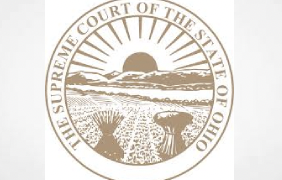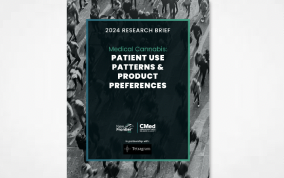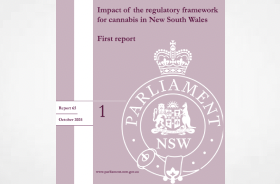The Ohio Supreme Court indefinitely suspended an already suspended attorney who disclosed a felony conviction in a reinstatement petition but had not done so within the time required by rule
In December 2022, Robinson informed relator of his intent to seek reinstatement from his 2009 indefinite suspension, and he provided relator with a draft of the petition for reinstatement he intended to file with this court. In that document, Robinson disclosed for the first time that he had been convicted of a felony drug offense in April 2022. He also included statements and documents that were meant to demonstrate his good behavior following his conviction—namely, that he had stopped using drugs, completed inpatient and outpatient substanceabuse treatment programs, and complied with the terms of his criminal probation.
In 2020, a federal grand jury in the United States District Court for the Northern District of Ohio indicted Robinson in case No. 1:20CR355-006 in connection with a conspiracy to possess and distribute crack cocaine between January 2018 and July 2020. Robinson faced an additional charge related to his drug use in case No. 21CR819-001. Robinson’s November 2021 plea agreement demonstrates that between January 2018 and July 2020, he ordered crack cocaine, a Schedule I controlled substance, from a person who made weekly deliveries to his Elyria home and that he maintained between 22.4 and 28 grams of crack cocaine for use at the premises.
Robinson pleaded guilty in case No. 1:21CR819-001 to a single count of maintaining a drug premises in violation of 21 U.S.C. 856(a)(1), and the indictment against him in case No. 1:20CR355-006 was dismissed. On April 27, 2022, the district court sentenced Robinson to a three-year term of probation, which is scheduled to end on April 26, 2025, and ordered him to pay a special assessment of $100.
Robinson’s testimony before the panel in this disciplinary case demonstrates that his conviction followed an extensive investigation into a group of people who were manufacturing and distributing drugs, specifically crack cocaine. During that investigation, a search warrant was executed on Robinson’s home. In this disciplinary proceeding, Robinson admitted that he purchased and used crack cocaine for about eight years prior to the execution of that search warrant and that from January 2018 through July 2020, he received weekly deliveries of the drug. He claimed, however, that he did not use the drug every day and that no drugs were found during the search of his home.
The court on sanction
By his own admission, Robinson used illegal drugs for approximately eight years while he was indefinitely suspended from the practice of law for neglecting the bankruptcy matters of four clients, misrepresenting the status of several of those matters, and intentionally causing harm to several of those clients. In this proceeding, however, he has demonstrated his strong commitment to his addiction recovery and compliance with the terms of his criminal probation. Having thoroughly reviewed the record and our caselaw, we agree that the board’s recommended sanction of an indefinite suspension with credit for the time served under his interim felony suspension and with additional recovery-related conditions on his reinstatement to the practice of law is the appropriate sanction for Robinson’s misconduct in this case.



















